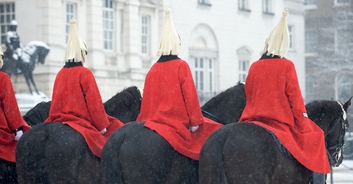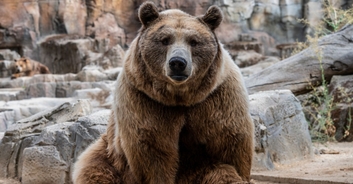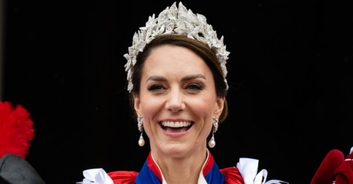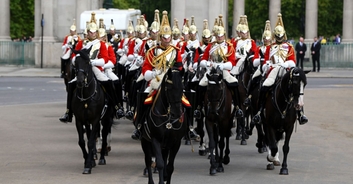A UK principal has spoken out about the decision to ban certain "divisive" and "sexist" phrases throughout her school, such as "good morning boys and girls".
Appearing on the UK news and talk show Good Morning Britain, Sarah Hewitt Clarkson - principal of Anderton Park Primary in Birmingham - said that the new language rules introduced in her school aim to reduce a gender divide and include those individuals who may not identify as either sex.
Clarkson clarified that, "of course we use the words 'boys' and girls", but when the school has come together for an assembly, she says that using the phrase "good morning everyone" is more inclusive.
She claims that saying "good morning boys and girls" is "a slightly strange way of dividing a room of people".
You can watch the full interview below:"There may be a couple of children in schools who don’t really identify as a boy or a girl so 'good morning everyone' is a far more inclusive way of saying everyone instead of choosing a division that is one particular characteristic of your person," Clarkson added.
Clarkson also wants to tackle the issue of sexist language by banning phrases such as "man up".
"Boys are told 'man up, grow a pair, don’t cry, boy's don’t cry' - it’s very very damaging for them," the principal added.
Clarkson added that both abusers and bullies will use this "fear" as a weapon, as she explains: "If boys are told 'boys aren't afraid', 'boys don't get scared', 'boys don't talk about their feelings', then where are they going to go when they are afraid?"
Per The Independent, students at the school are also encouraged to call out their teachers or guests if they hear any of the banned phrases - with two children selected at the end of the week for highlighting the best examples.
And some viewers watching the show adored Clarkson's new language choices, with one person writing on Twitter: "I agree with the teacher on this one. Changing the way children speak in their formative years may open conversations early on and change the way they think as they grow."
A second added: "Well said [Sarah Hewitt Clarkson], I agree that it is important to highlight as an issue the everyday use of words used around children that often label and define their identify from the very start."










